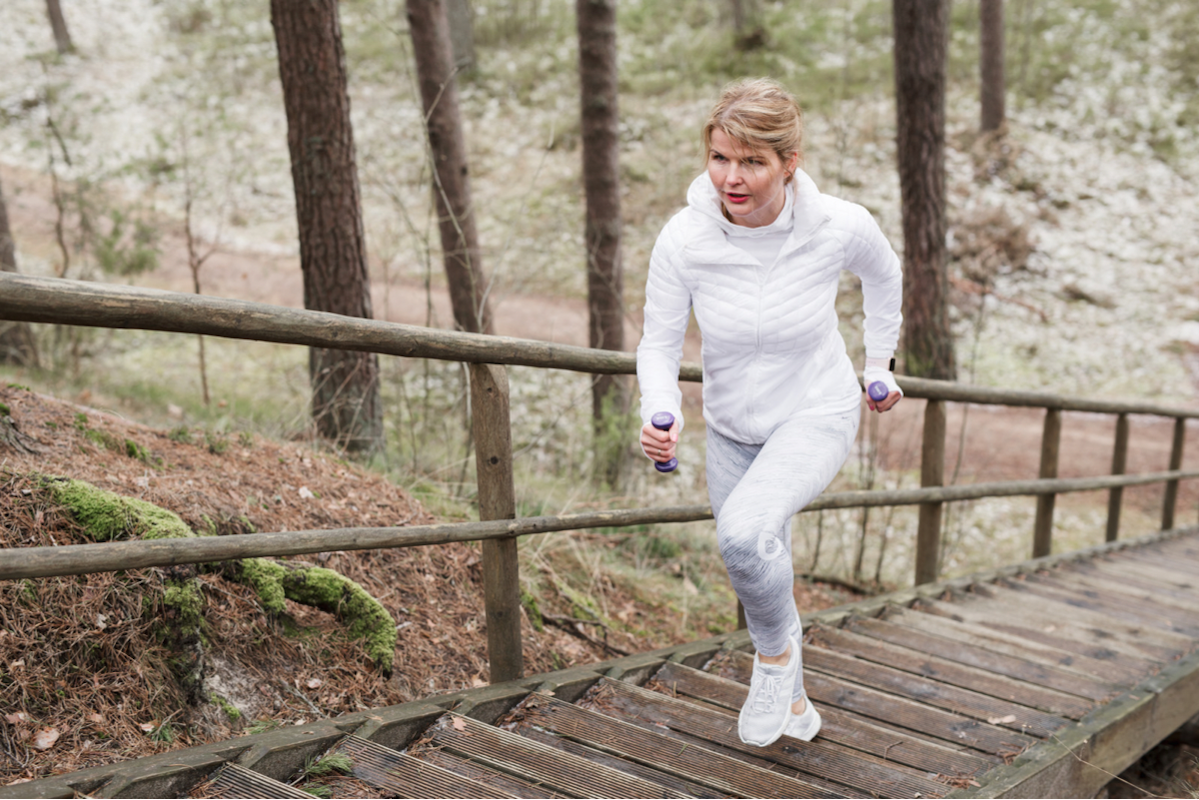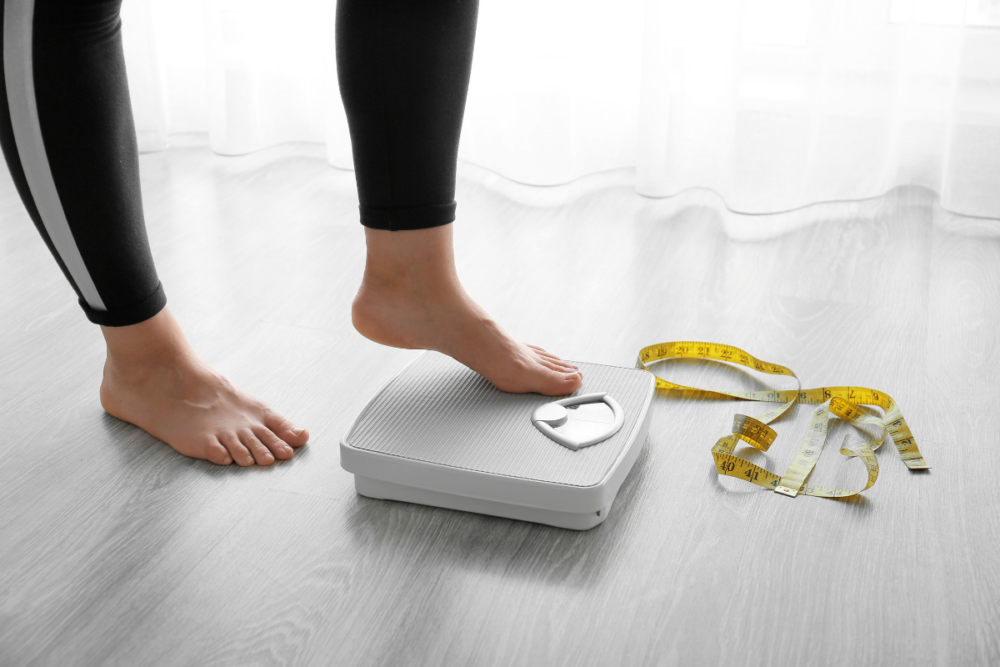Working Out on Keto and Low Carb

One of the most common questions I hear is about working out on keto and low carb. For some reason this culture feels it not necessary. It’s definitely important that one chooses their movement within physical capabilities. And, that being said.
Advantages of exercise like HIIT and weight training are important regardless of what “diet” or lifestyle one is following. It’s incredibly important for improving metabolism as muscle is the most metabolically active tissue we have. As a result of having more muscle, we will have a faster metabolism. And thus more fat loss.
It’s also important for hormone health, joint health and aging. Or should I say anti aging! As a result of the natural aging process, we naturally lose 2-3% of muscle per decade as we get older.
If you have limitations, even just walking is the best thing for your lymphatic system. The biggest mistakes I see when people say they can’t workout on Keto are not enough electrolytes causing fatigue as well as not getting enough protein for recovery.
HIIT or High Intensity Interval Training is also beneficial for many people.
Especially if the same old cardio routine gets incredibly boring.
Does this sound familiar? You jump aboard the same stair-stepper, treadmill or elliptical. Then you adjust your ear buds. And then you proceed to set your digital exercise goal on the panel in front of you — and you’re off, doing your cardio training at a speed and level of intensity that makes you sweat but doesn’t drive you crazy.
If this is becoming boring or if you’re not getting the weight loss results you’re working so hard for, then it’s time to change it up!
So YES, working out on Keto and Low Carb can be very beneficial!
Here’s the deal…
Interval training used to be the secret of elite athletes, but it has now become a powerful tool for the average exerciser as well. Combining HIIT with being fat adapted and effectively using fat for fuel, is an amazing way to get results.
Ketones will help the body preserve muscle as well as gain strength quickly! Running on ketones instead of relying on glucose will also help the body transition to a fat burning state for true fat loss.
I promise this is not as complex as it sounds. All interval training really means is alternating bursts of intense activity with lighter ones as you exercise. As an example, if your machine of choice is a treadmill and you’re in good enough shape, you might add in some short stints of jogging into your regular brisk walks.
When jogging is too much you can alternate leisurely walking with periods of faster walking. Using landmarks when walking outdoors (mailboxes, trees, trail benches), you can set up small goals each time you walk and increase distances of more rigorous exercise as you become more fit.
No matter whether you’re new to exercise or you’ve been a health nut for years; interval training can benefit you in the following ways:
- You don’t need special equipment or an entirely new routine. All you have to do is modify the one you do now.
- You’ll improve your aerobic health. As a result of your cardiovascular fitness improving, you’ll find that you’ll be able to exercise for longer periods of time or use more intensity.
- You’ll burn more calories. The more vigorously you exercise, the more calories you’ll burn — even if you increase intensity for just a few minutes at a time.
- You won’t get bored. It’s all about mixing things up.
With all of this said, you can definitely determine the length and speed of each high-intensity interval based on how you feel that day. It could be 30 seconds, 45 seconds, a minute, or a few minutes at a higher level. Your next burst of more strenuous activity might be longer. It’s up to you as to how much and for how long you want to pick up the pace.
For my clients who have certain competitive or fitness goals in mind, I make recommendations on how to structure both the timing, the intensity and duration of their intervals. This may be based on their target heart rate, their ability to recover, and their peak oxygen intake, as well as other factors. Hormone status and digestive function play a huge roll as well!
If you have questions, or your simply tired of the guess work, CLICK HERE to contact me today! Or to hop into my FB community, CLICK HERE!








